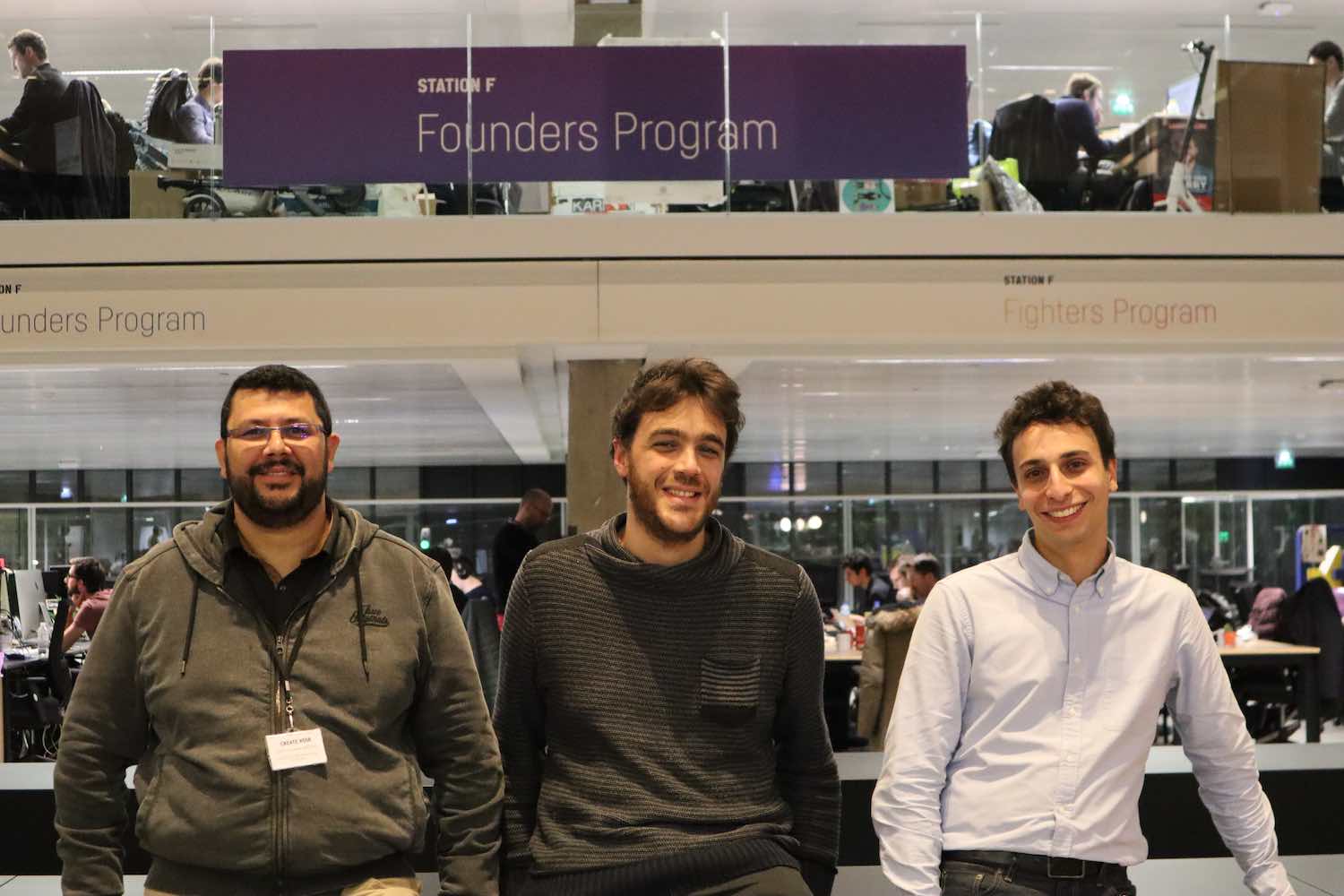ImpactAlpha, May 13 – HD Rain, a Paris-based startup that uses machine learning and tv satellite signals to offer low cost, high resolution weather forecasts, was raising a €1.2 million seed round and embarking on two client projects in Africa when the COVID crisis struck. Both activities ground to a halt.
“I knew that without help we would have had to cut back heavily,” said HD Rain CEO Ruben Hallali.
The two-year old company is the kind of high-tech, high-impact startup that France has been cultivating for more than a decade. Those efforts seemed to finally be paying off. French startups raised a record €5 billion last year and were on track to hire some 25,000 people. Last year, French president Emmanuel Macron mobilized €5 billion in commitments from institutional investors to help fill a gap for later stage startup investments.
COVID-19 threatened to undo much of that progress. An April survey of 144 founders by French entrepreneurship think tank found that 87% anticipated a steep drop in revenues this year.
France acted quickly to protect this fledgling ecosystem. On March 25, two weeks after the World Health Organization declared the spreading coronavirus a pandemic, the French government unveiled a €4 billion package to support French startups and complement other business support measures, such as deferral of tax payments and employment support.
It was the first such measure by a government specifically aimed at startups, which often have been left out of small business relief efforts.
The package included €1.5 billion in research tax credits to be paid on an accelerated basis, €2 billion in loans from private banks that have been guaranteed by the state, and convertible note bridge financing for startups between funding rounds.
HD Rain applied for a government-backed loan as well as the research tax credit, a refundable credit equal to 20% of qualified annual company R&D expenditures up to a maximum of €400,000.
“Creating an ecosystem of innovation and startups takes 10 to 20 years,” says Paul-François Fournier, executive director for innovation at Bpifrance, the national public investment bank and innovation promoter. “We want to make sure that all the work we’ve done over the last decade will be as much as possible preserved for the future.”
The loan guarantee program, which offers a 0.25% interest rate with no repayment in year one and a possibility to extend the loan up to five years, has resulted in €1.5 billion disbursed to startups to date, according to Fournier.
Preserving impact
Bpifrance finances startups both directly and indirectly as a limited partner in funds, and is leading the startup support effort. In addition to the €4 billion startup package, Bpifrance organized a meeting of the 100 venture capital funds in which it is an LP and urged them to come back to the market as soon as possible, making clear that the state would provide support for their startups. These VCs, says Fournier, represent €10 billion in “dry powder” for startup investment.
On April 30, Bpifrance also floated a €1.5 billion social bond – the first French COVID response bond – to help businesses cope with the economic and social impact of the pandemic.
While the €4 billion aid package is aimed at tech startups in general, Fournier suggested the government will unveil a second wave of rebuilding support in June in which impact themes will feature prominently, although he declined to give details. Bpifrance is also working on an impact fund to make direct investments into startups.
A recent letter published in the French press and co-signed by impact sector leaders notes that traditional sectors like aerospace and automobiles have received massive emergency state support, and calls on the French government to establish a €1 billion emergency fund for the impact sector. “It is not acceptable, in the face of ecological and social emergencies, that the economy of tomorrow working for the common good must save itself, when the economy of ‘Yesterday’ will be saved by the state, as evidenced by the billions of euros that seem to be released, without conditions or significant compensation.” they wrote.
Half of France’s social enterprises could disappear in the coming months without concrete support, warned the authors, which included leaders from ChangeNOW and Tech For Good France.
Since the French startup rescue plan was launched, other European nations including Portugal and Switzerland have followed suit. On April 20, the U.K. launched the Future Fund, a £500 million public-private co-investment fund for venture-backed startups. The government will make up to $250 million in loans, to be matched by private sector investors. The loans can convert into equity stakes. A separate £750 million program, managed by Innovate UK, offers grants and loans to research & development-focused small firms.
Bpifrance is also collaborating with other European nations as part of a European innovation working group.
Like relief measures elsewhere, France’s startup aid can be complex and hard to navigate for some companies. Still, many founders welcomed the efforts.
Estefania Larranga, co-founder of B Corp Place2swap, a circular economy platform for clothing brands that raised €750,000 from angel investors in January, took advantage of tax deferrals offered by the government. She sees signs of resilience, noting that two circular economy funding rounds closed in late April: Vestiare Collective raised a €59 million round in which Bpifrance took part, while Lizee, which helps brands shift to a rental model, raised €1 million.











